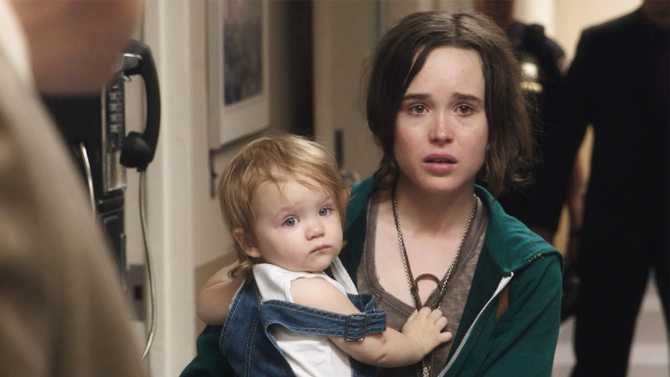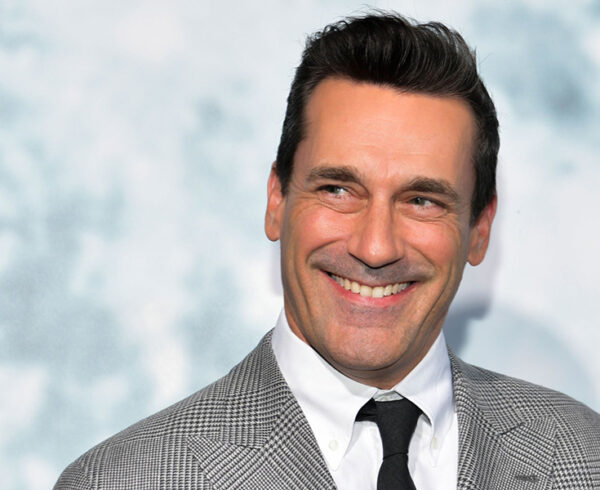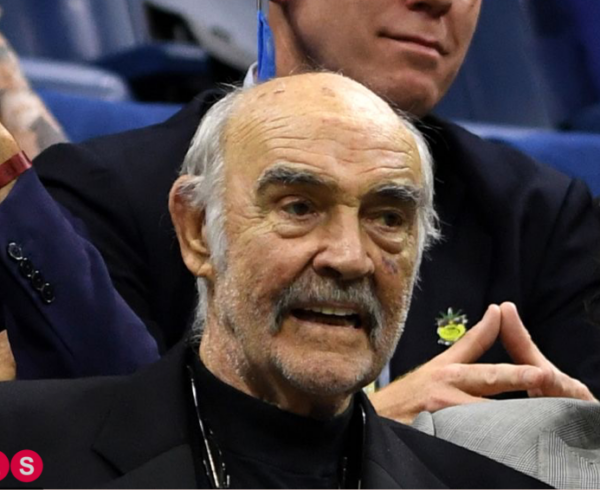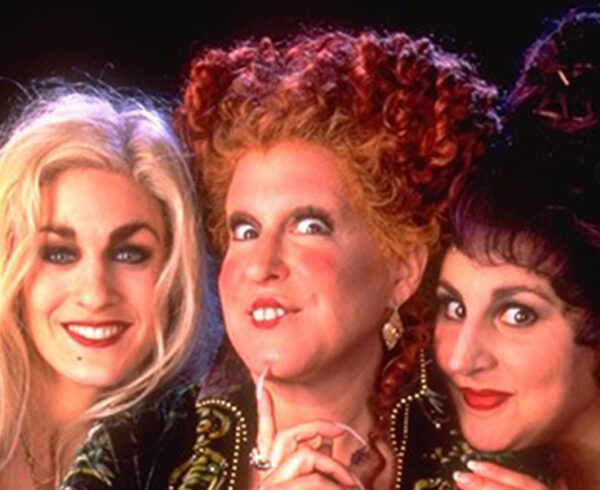A therapist I once had was convinced that certain movies have therapeutic value. Tallulah proves him right. Set in Manhattan, Tallulah quickly involves us in the life of Lu (Tallulah), played by Ellen Page. Her character is a tough yet pixie like vagrant who lives in a van with Nico, her boyfriend.
When Nico tires of their lifestyle and proposes going back to New York, getting jobs and having kids, Lu makes it clear she wants no part of normalcy.
The next morning Lu awakes to find Nico gone along with their cash.
A Quest with an Unexpected Turn
Determined not to be a victim, Lu makes her way to N.Y.C. and hunts up Nico’s mother, Margo Mooney (Allison Janney). Janney also played Page’s stepmom in the young actress’s breakout movie, Juno, making this is a long overdue re-pairing.
Margo, a rigid, brainy elitist, quickly dismisses Lu. She wants nothing to do with the likes of her and the drama in which Lu and her son are involved.
Forced to fall back on her street smarts, Lu roams around a nearby ritzy hotel, eating off the room service trays left in its hallways.
A wealthy, buxom hotel guest interrupts Lu’s feast, mistakes her for a hotel employee and invites her inside. Within minutes Carolyn coerces Lu into carrying for the woman’s toddler while she goes out on the town.
The unfit mother returns hours later drunk and worse for wear. Lu foolishly decides to take the baby out to sleep with her in the van, and let Carolyn sleep it off.
The next morning when the mother awakes to find her baby missing, she immediately involves the police.
After Lu wakes up, she heads back inside the hotel to return the baby, but seeing the cops, she panics makes a run for it, baby in tow.
Lu ends up back at Margo’s door, telling an exaggerated sob story about the child and Nico and her relationship.
The dramatic twists and turns that Lu, Margo and Carolyn navigate are captivating to say the least.
A Premise That Steps Aside to Put Character First
At first it seems like Tallulah is going to be a tale about of different worlds colliding, but motherhood emerges as the film’s primary interest.
In Margo, we find the uptight, helicopter mom; the woman who always wanted to be a mother above all else and tried to do everything right. Despite her efforts, her son and husband still abandoned her.
In Carolyn we see an over-privileged, self-indulgent woman-in-a-child’s-body who is maternally at a complete loss.
Lu represents the results of poor mothering; a woman adrift in the world, answering to no one, wanting no ties of any kind.
Although we know Tallulah’s kidnapping of the baby is wrong, we root for her to get away with it, because, what’s the alternative?
The writer, Sian Heder, who once was a hotel nanny for mothers like Carolyn, does a compelling job of directing our sympathies toward Lu and her impromptu motherhood. She taps into the faultfinder in our own mothers that bedevils many of us.
The privileged Carolyn epitomizes the era of “affluenza” mothers that’s being visited on today’s generation. She’s the “poster child” of the new millennium’s hyper-materialistic American dream. Like Lu, we think her a villain, but find ourselves unsettled by her giving voice to many of our own egotistical thoughts.
In Margo’s character, we glimpse a facet of our flawed mothers that we may not have seen considered carefully enough—the harried woman who is desperate to do the right thing and thus inevitably fails, because she cares too much.
Home Truths
Seeing Lu’s jilted child trying to steal her way into motherhood and two real mothers confronting the very different ways they have failed as parents makes for cathartic drama. We identify more powerfully than we could have imagined with all three women and find ourselves examining our own destinies.
Tallulah takes a plot we’ve seen—one based on a catalytic character who disrupts and disturbs the lives of everyone around them—and uses it to illustrate many truths.
Life sometimes does lead us to meet people at just the time we need them. Wrongs can also be redeemed into many rights.
To put these aspects of life on the screen is a tall order for a film, but the writer Sian Heder accomplishes that and more with true grit and grace.
So, if you’ve found yourself of late wanting to sit across from a stranger with a PhD in psychology and unload about your mother—as many of us do from time to time—I’m not saying you shouldn’t.
But watch Tallulah before you make the appointment and ante up the cash. You might be able to put it off for another month and pay off that credit card bill.
[A NetFlix Original Tallulah does not have an MPAA Rating: It would likely be rated R.]












